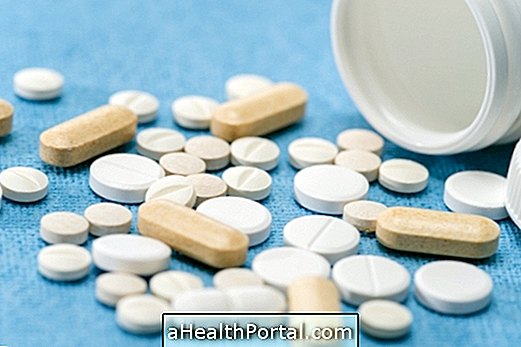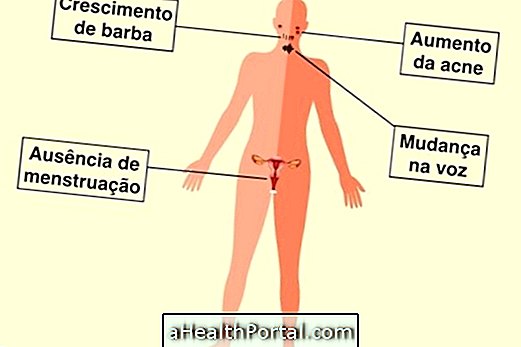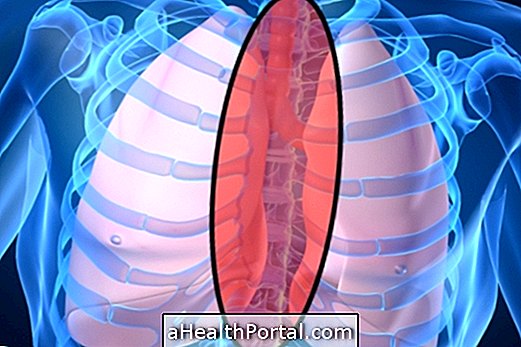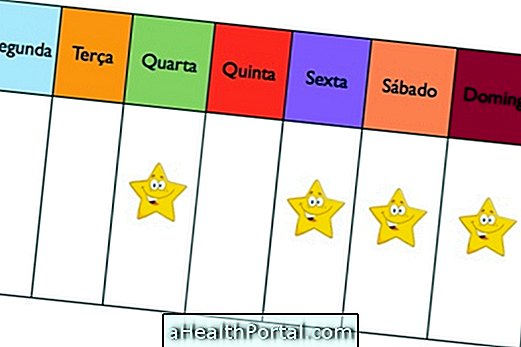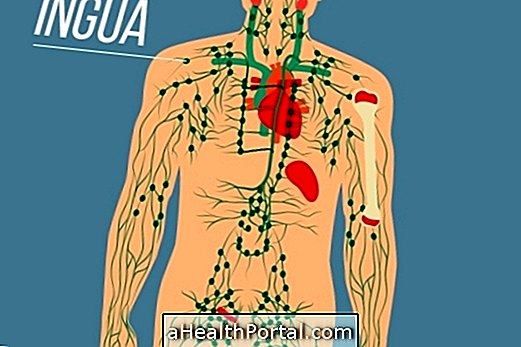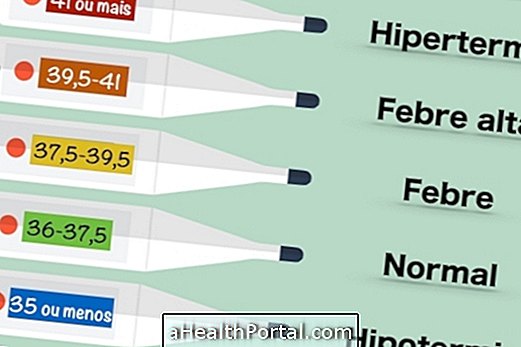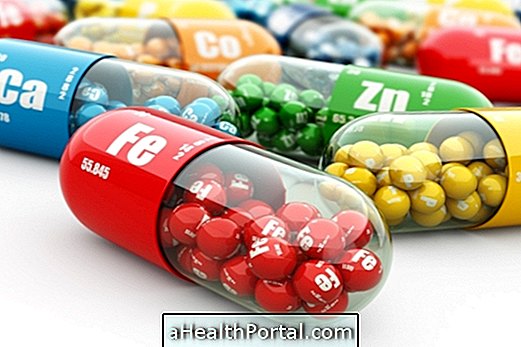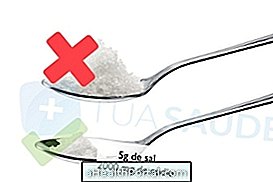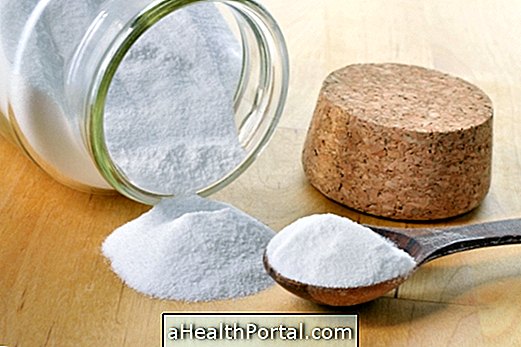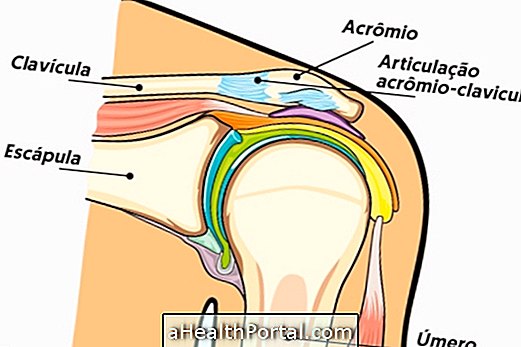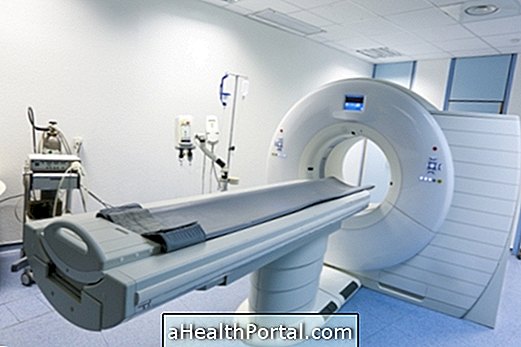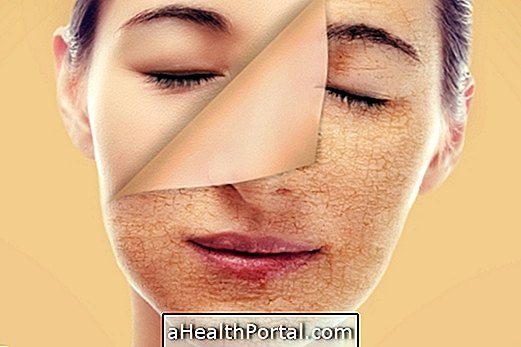Some people live with only one kidney, which can happen for a variety of reasons, such as failure to function properly, having to be removed due to urinary obstruction, cancer, or a traumatic event, after a transplant donation or even due to a a disease known as renal agenesis, in which the person is born with only one kidney.
These people can have a healthy life, but for this they should have some care in the food, practice physical activity regularly, that is not very aggressive and make frequent consultations with the doctor.
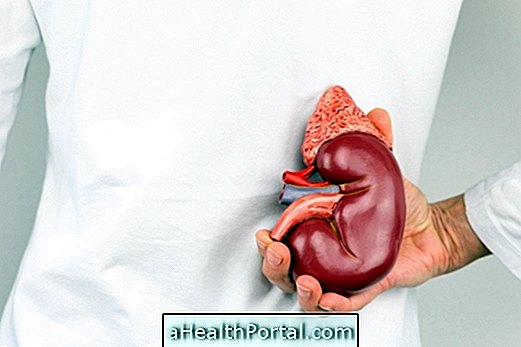
How Kidneys Work Alone
When a person has only one kidney, this tends to increase in size and become heavier because they will have to perform the work that would be done by two kidneys.
Some people who are born with only one kidney may suffer from a decrease in kidney function by the age of 25, but if you have only one kidney later in life, you usually do not have any complications. Either way, in both situations, having only one kidney does not affect life expectancy.
What care to take
People who have only one kidney can have a normal life and be equally healthy like those who have two kidneys but for this it is important to have some care:
- Reduce the amount of salt ingested in meals;
- Exercise frequently;
- Avoid violent sports such as karate, rugby or soccer, for example that can cause injury to the kidney;
- Reduce stress and anxiety;
- Stop smoking;
- Take regular reviews;
- Reduce alcohol consumption;
- Maintain a healthy weight;
- Maintain healthy cholesterol levels.
Generally, it is not necessary to carry out a special diet, it is only important to reduce the salt that is used in the preparation of meals. Learn about various tips for reducing salt intake.
What tests should be performed
When you have only one kidney, you should go to the doctor regularly to do tests to help check that the kidney continues to function normally.
The tests that are usually performed to evaluate kidney function are the examination of the glomerular filtration rate, which evaluates how the kidneys are filtering the toxic substances in the blood, the analysis of proteins in the urine, since a high level of protein in the urine may be a sign of kidney problems, and blood pressure measurement, because the kidneys help control it, and in people with only one kidney, it may be slightly elevated.
If any of these tests reveal changes in kidney function the doctor should establish a treatment in order to prolong the life of the kidney.
Watch the following video and learn what to eat to lower high blood pressure:



